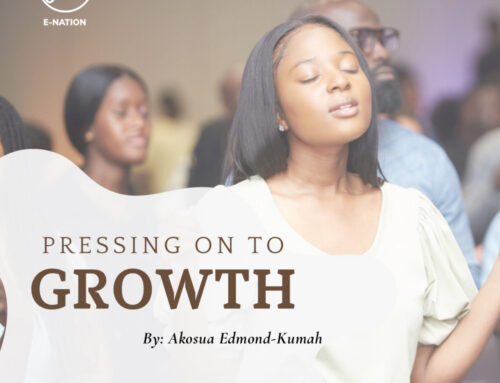Then Absalom and all the men of Israel said, “Hushai’s advice is better than Ahithophel’s.”… 2 Samuel 17:14 NLT
The story of Absalom is something out of a modern-day soap. Handsome, young, zealous, skillful, and full of great potential, Absalom desires the throne of his father, THE King David. The young man rallies up his crew for a revolt and successfully has David running out of his very own city on foot…tragic. What’s left?..How to keep Dad away from reclaiming his seat! (Read 2 Samuel 14-17 for the full story)
In the first fourteen verses of chapter 17, we see the inner workings of this “Finish-King-David-Plan”. With such an important plan to secure his newfound seat, Absalom seeks advice.
The first set of advice (Plan A) comes from Ahithophel – the once chiefest of advisors to king David (yep, David, the man just run out of town – the ultimate betrayal!) It was said that his advice was as good as God giving it Himself – the man didn’t miss (2 Samuel 16:23 NLT)
“Now Ahithophel urged Absalom, “Let me choose 12,000 men to start out after David tonight. I will catch up with him while he is weary and discouraged. He and his troops will panic, and everyone will run away. Then I will kill only the king, and I will bring all the people back to you as a bride returns to her husband. After all, it is only one man’s life that you seek. Then you will be at peace with all the people.” This plan seemed good to Absalom and to all the elders of Israel.” 2 Samuel 17:1-4 NLT
Mm, not bad at all!
Plan B is then presented by Hushai, another advisor to King David (a loyal one at that – played Absalom like a fiddle with his advice!)
“Well,” Hushai replied to Absalom, “this time Ahithophel has made a mistake. “I recommend that you mobilize the entire army of Israel, bringing them from as far away as Dan in the north and Beersheba in the south. That way you will have an army as numerous as the sand on the seashore. And I advise that you personally lead the troops. When we find David, we’ll fall on him like dew that falls on the ground. Then neither he nor any of his men will be left alive. And if David were to escape into some town, you will have all Israel there at your command. Then we can take ropes and drag the walls of the town into the nearest valley until every stone is torn down.” 2 Samuel 17:7,11-13 NLT
Then Absalom and all the men of Israel said, “Hushai’s advice is better than Ahithophel’s.”… 2 Samuel 17:14 NLT
Although God wanted Absalom to be defeated, the truth is that Absalom’s decision to choose Hushai’s plan was of his own will. When you read the rest of the story, Absalom dies in trying to follow Hushai’s advice and David is reinstated to the throne. If we can understand what informed his decision, it will show us how to (and frankly, how not to) raise the next generation who like Absalom, are full of great potential.
There are three lessons that we can learn from Absalom’s choice.
Lesson 1: The next generation wants to be a part of the action.
Unlike Ahithophel’s advice, Hushai’s included Absalom. Absalom was going to be a part of the action. Absalom was going to get an opportunity to lead. Instead of having the young people on our teams and organizations be mere spectators, let’s give them a role to play.
Lesson 2: Young people want their contributions to be meaningful.
Hushai’s advice not only included Absalom, but his role would have an impact on the outcome of the plan. Absalom would “personally lead the troops” that would overtake the king and kill him. Young people do not necessarily want to be star of the show, they just want to see their efforts truly make a difference.
Lesson 3: Young people want a seat at the table.
Young people want to be a part of the conversation. In the story, Absalom and his friends are in the room where decisions are being made. They get to express their opinions and have influence on the plan chosen. Rather than making unilateral decisions for young people, let’s give them an opportunity to voice their opinions and offer their ideas. You’ll be surprised by what they bring to the table when the opportunity is afforded them.
Absalom was young and naïve, and David was experienced and aloof. His inability to acknowledge and channel Absalom’s potential contributed to Absalom’s downfall. The next generation have so much to add to the body of Christ and the world at large. Let’s set them up for success by making them a part of the action, making sure their contributions are meaningful, and giving them a seat at the table.



Leave A Comment